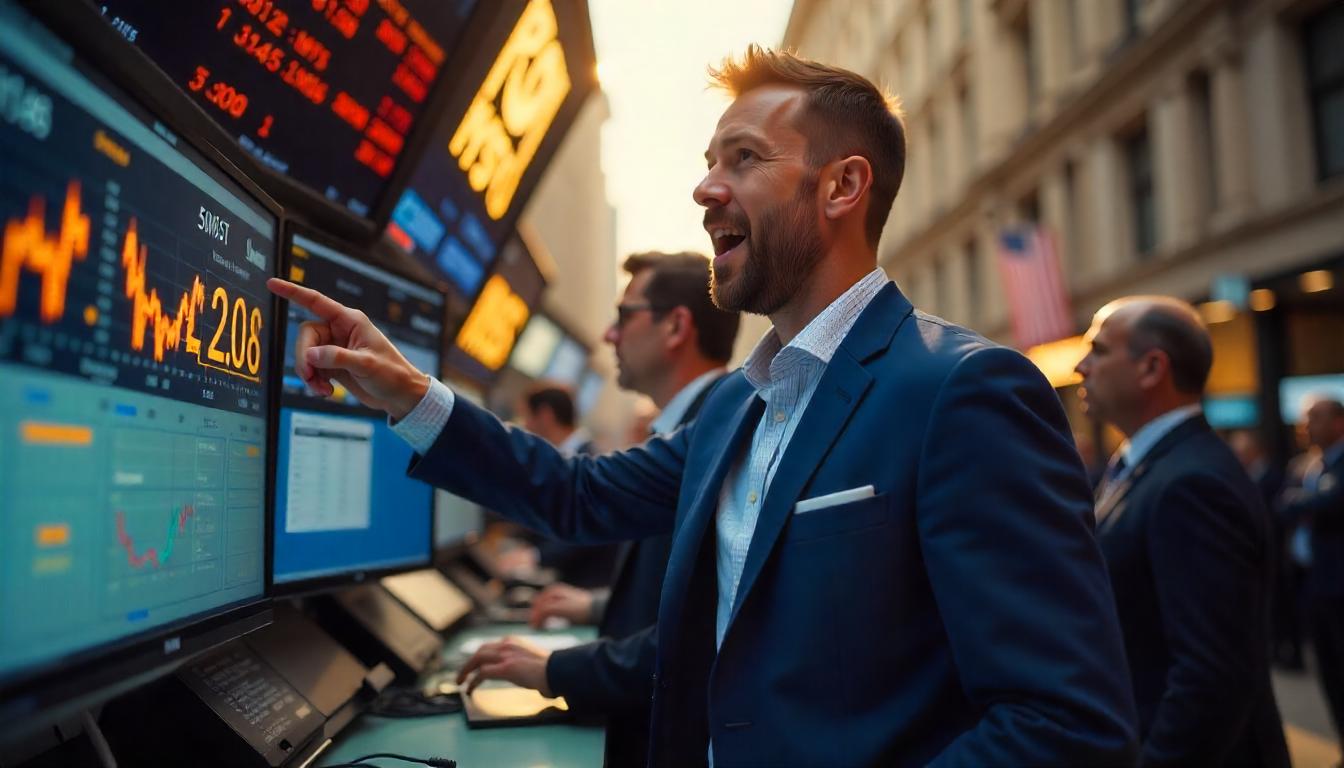.President Donald Trump signed an executive order on Thursday, creating a strategic Bitcoin (BTC) reserve, which includes BTC seized by the U.S. government through law enforcement actions. White House crypto and AI czar, David Sacks, revealed on X that the reserve will also include other cryptocurrencies forfeited in criminal and civil cases, while emphasizing that no taxpayer money will be used to acquire Bitcoin or other digital assets.
Arkham Intelligence reports that the U.S. government currently holds 198,000 BTC, valued at approximately $17.3 billion. Treating these holdings as a reserve effectively removes more than $17 billion in potential selling pressure from the market. However, Bitcoin prices extended their losses, dropping to around $84,700 due to investor disappointment over the lack of new BTC acquisitions by the government. The market has since rebounded to $87,600 as investors hope Trump will announce favorable crypto tax policies at Friday’s White House crypto summit.
Here’s what market experts had to say about the move:
Valentin Fournier, Analyst, BRN
“The executive order has disappointed some investors, as it specifies that the government will only use coins obtained through forfeitures, with no plan for new acquisitions. This uncertainty has affected market sentiment, contributing to a 4% daily decline in Bitcoin, Ethereum, and Solana prices.”
“However, Commerce Secretary Howard Lutnick, with strong ties to Bitcoin through MicroStrategy, has been tasked with developing a budget-neutral strategy for additional acquisitions, which could indicate a potential hidden accumulation plan by the U.S. government and possibly spark a rally.”
Dick Lo, CEO, TDX Strategies
“Although the market initially had high expectations, the news remains positive. Expecting new Bitcoin purchases without a clear funding plan was unrealistic. Importantly, the executive order distinguishes between Bitcoin and other cryptocurrencies, ensuring no taxpayer money will be spent on altcoins.”
“There may be more positive news from the Crypto Summit, particularly around favorable tax treatment for digital assets.”
Andrew O’Neill, Digital Assets Managing Director, S&P Global Ratings
“The executive order is mostly symbolic, as it formally recognizes Bitcoin as a reserve asset of the U.S. government. For now, the reserve will only include BTC already held by the government, specifically those seized in criminal or civil cases. The order does leave room for acquiring more BTC, but only if it can be done in a budget-neutral way, with no timeline or amount specified.”
“The order also clarifies that other cryptocurrencies, including altcoins, will be kept separate from the reserve and instead will be part of a separate ‘stockpile.’”
Jeff Anderson, Head of Asia, STS Digital
“The market is now reassessing risk, with the U.S. government no longer actively buying BTC. This has led to a 6-point drop in the 30-day implied volatility index (BVIV).”
Mena Theodorou, Co-founder, Coinstash
“Trump’s signing of the Executive Order marks a major shift in how the U.S. government views digital assets, creating a reserve for Bitcoin while also setting up a stockpile for other coins like XRP, ADA, ETH, and SOL. However, investors shouldn’t expect immediate purchases of new assets, as the order mainly focuses on managing seized coins.”
“The order requires transparency in auditing, addressing past concerns about handling confiscated cryptocurrencies. While this could spark short-term market volatility, it could lead to long-term institutional adoption of digital assets.”
Sean Farrell, Head of Digital Asset Strategy, Fundstrat
“It’s great to see that no taxpayer money will be used to buy BTC. While this decision may disappoint some, it has larger implications. We’ll likely see more state-level energy (especially in surplus states), with other countries moving toward crypto adoption to position themselves ahead of potential future demand. The move also adds legitimacy to Bitcoin, especially for institutional investors still on the fence.”
Jeff Park, Head of Alpha Strategies, Bitwise Asset Management
“There’s nothing particularly ‘strategic’ about this reserve. Thanks for playing, but next.”
Danny Chong, Co-founder, Tranchess
“While some may argue that limiting purchases could curb market momentum, the true significance of this move lies in its long-term impact. The U.S. government’s Bitcoin holdings set a powerful precedent, not just for sovereign nations, but also for corporations and financial institutions.”
“Until now, Bitcoin as a national reserve asset was primarily seen in smaller countries like El Salvador. The U.S. stepping into this space could inspire other nations to integrate cryptocurrencies into their reserves, leading to a global increase in demand and a fundamental shift in how digital assets are viewed.”
Ryan Chow, CEO, Solv Protocol
“The establishment of Bitcoin as a strategic reserve confirms its status as a legitimate asset class. This will push governments, financial institutions, and corporations to build services for Bitcoin. As reserves expand, so will the infrastructure needed for Bitcoin financial services, marking a significant shift in its role within the global financial system from a speculative asset to a recognized macroeconomic tool.”
This list of market reactions will continue to evolve as new developments unfold.





